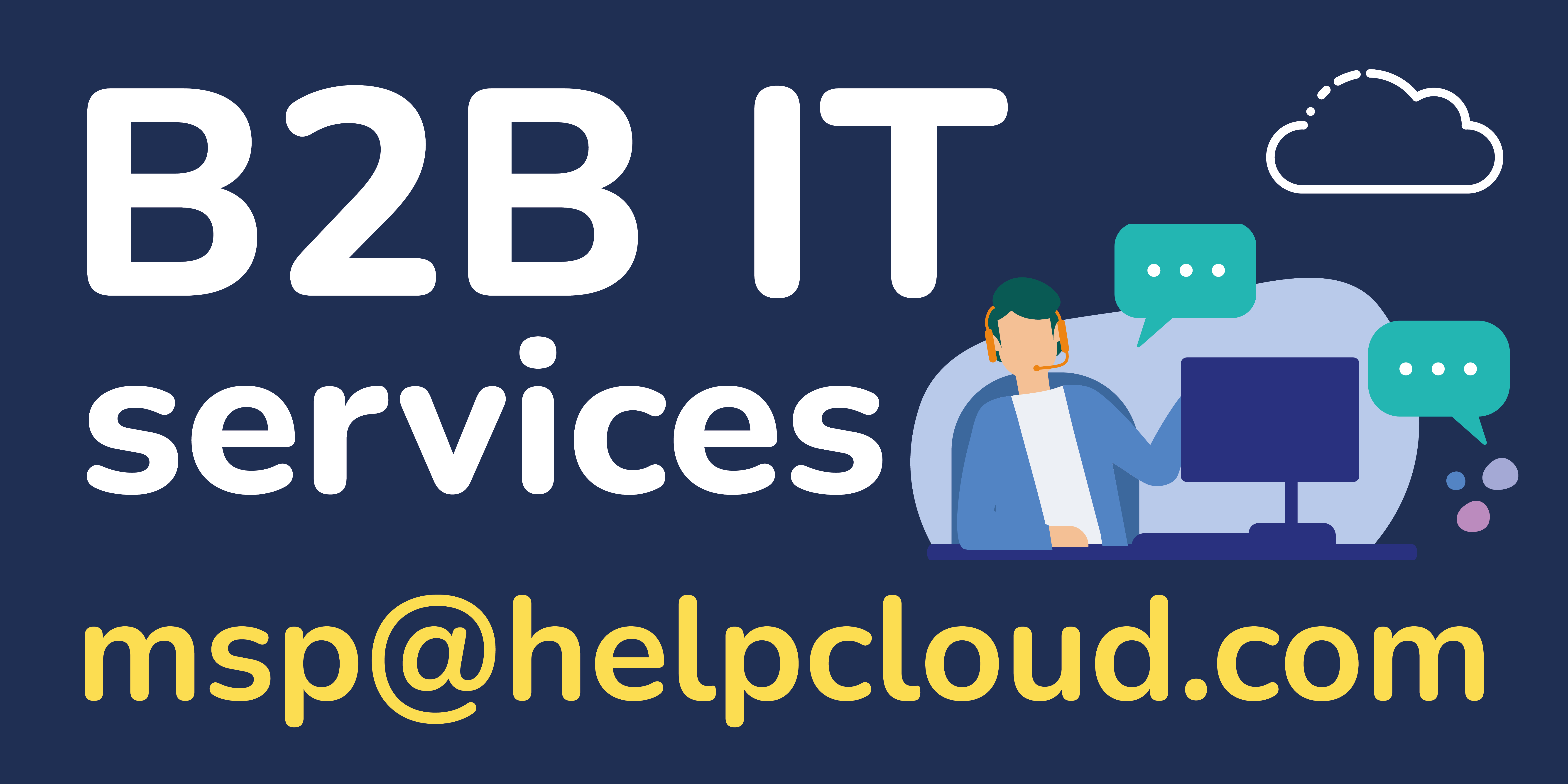A business is constantly seeking ways to stay ahead of the competition. Innovation is often cited as the key driver of success, and strategic focus is equally important for long-term growth. However, many businesses find themselves bogged down by routine, non-core tasks that divert valuable resources away from innovation and strategic planning.
One effective solution to this dilemma is outsourcing non-core tasks to a Business Process Outsourcing (BPO) provider. By delegating time-consuming processes such as customer service, HR, and accounting, companies can free up internal resources to concentrate on their primary goals.
What Are Non-Core Tasks?
Non-core tasks are essential activities that support a business but are not directly related to its primary product or service offering. These tasks are typically repetitive and time-consuming, yet they are necessary for the smooth operation of the business. Some common examples of non-core tasks include:
- Customer service and support
- Human resources (HR) and payroll
- Accounting and finance
- Data entry and management
- IT support and maintenance
- Administrative tasks
While these functions are crucial for day-to-day operations, they are not typically where businesses derive their competitive edge or generate new revenue streams. Focusing too much on non-core activities can detract from the attention needed for innovation and strategic growth.

How Outsourcing Works
Outsourcing involves partnering with a third-party provider, often a specialized BPO company, to handle specific business functions. Rather than managing these tasks in-house, businesses transfer them to an external team of experts, allowing the company to focus on core functions such as product development, marketing, and customer acquisition.
Outsourcing non-core tasks is not just about cutting costs; it’s a strategic decision that can lead to numerous benefits. Companies that effectively outsource their non-core tasks can allocate more time, energy, and resources to innovation and strategic planning, which are essential for staying competitive in today’s market.
The Link Between Outsourcing and Innovation
Outsourcing non-core tasks is one of the most effective ways to foster a culture of innovation within a company. Here's how it works:
1. Increased Focus on Core Competencies
When businesses are not weighed down by time-consuming administrative tasks, they can refocus their energy on what truly matters—innovating their products, services, and customer experiences. Companies like Apple, for instance, have consistently stayed ahead in their respective industries by concentrating on their core competencies: product design, development, and marketing. Tasks such as manufacturing and customer support are often outsourced to specialized providers.
When your internal teams are freed from the burden of routine tasks, they can channel their creativity and expertise into developing new ideas, experimenting with emerging technologies, and identifying growth opportunities.
2. Access to Cutting-Edge Expertise
Many BPO providers are experts in their respective fields and bring specialized knowledge, skills, and technology to the table. By outsourcing certain tasks, businesses gain access to industry-leading tools and expertise that they may not possess in-house. This is especially relevant in fields such as IT, data management, and finance, where rapid advancements in technology are constantly changing the landscape.
When your BPO partner is handling these complex, fast-evolving areas of your business, your team can stay focused on innovation without worrying about keeping up with the latest trends and technologies in non-core areas.
3. Reduced Operational Costs and Resource Reallocation
By outsourcing non-core tasks, businesses can significantly reduce operational costs. The funds saved from outsourcing can be reallocated to more innovative initiatives, such as research and development (R&D), product diversification, and market expansion.
For example, a tech startup may choose to outsource its customer service and IT support to save on staffing costs, while reinvesting those savings into developing cutting-edge features for their flagship product. The ability to strategically allocate resources in this way allows businesses to invest in areas that will yield the highest return on investment (ROI) in terms of growth and innovation.
Strategic Focus: Why It Matters

In addition to fostering innovation, outsourcing also enables businesses to maintain a sharper strategic focus. Here’s how outsourcing non-core tasks can lead to improved strategic decision-making and execution:
1. More Time for Strategic Planning
When businesses no longer need to manage routine, non-core activities, senior leadership and key decision-makers gain more time to focus on long-term strategic planning. Without the constant distraction of day-to-day operations, executives can better assess market trends, competitors, and potential growth opportunities.
This enhanced focus on strategy enables businesses to make informed decisions about expansion, diversification, and resource allocation, all of which are critical to staying competitive in today’s fast-paced market.
2. Agility and Scalability
Outsourcing allows companies to remain agile and scalable. As businesses grow, their operational needs often expand. Instead of hiring and training new employees for every non-core task, businesses can quickly scale their outsourced services to meet increasing demand. This agility allows businesses to respond to changes in the market, seize new opportunities, and adjust their strategic focus as needed.
For example, during a busy season or product launch, a company can scale up its customer support team through its BPO partner, ensuring that customer inquiries are handled promptly without the need for long-term hires. This flexibility is key to maintaining a competitive edge while staying aligned with the company’s strategic goals.
3. Improved Risk Management
BPO providers are often equipped with the latest compliance measures and risk management protocols, ensuring that outsourced functions are handled with the utmost care and in line with regulatory requirements. By outsourcing non-core tasks such as accounting or IT support, businesses can reduce the risk of errors, compliance violations, and security breaches.
This improved risk management allows businesses to focus more on strategic growth and less on operational issues that could hinder progress.
Case Study: Outsourcing Success in Action
A great example of how outsourcing non-core tasks can drive innovation and strategic focus is seen in global companies like Slack. The company outsourced its customer support and many administrative tasks early on, allowing its in-house team to focus on building and improving the product that has revolutionized workplace communication. By freeing up internal resources, Slack was able to iterate rapidly on its core offering, achieving rapid growth and market leadership.
Conclusion
Outsourcing non-core tasks is not just a cost-cutting measure; it’s a strategic move that allows businesses to focus on what truly matters—innovation and strategic growth. By delegating routine activities to BPO providers, companies can reallocate valuable resources, access expert support, and ultimately gain the freedom to innovate and scale more effectively. In today’s competitive business environment, this focus on core competencies is what differentiates successful companies from the rest.
Outsourcing offers the perfect balance: operational efficiency on one hand, and the agility to innovate and grow on the other. In a world where staying ahead means constantly innovating, outsourcing non-core tasks can be the strategic advantage your business needs.

